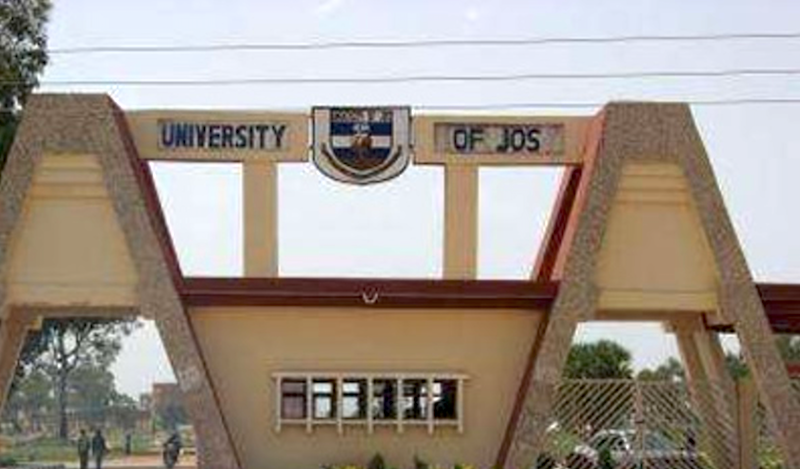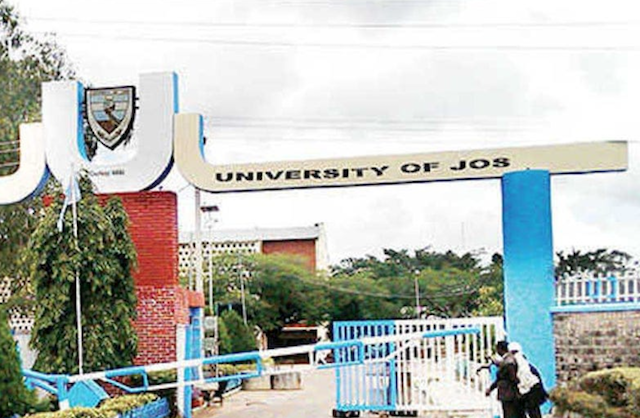Prof. Tanko Ishaya, the Vice Chancellor of the University of Jos (UNIJOS), says the university has concluded arrangements to organise the best and memorable Nigerian Universities Games Association (NUGA) games in history.
Ishaya stated this while inaugurating the 27-member Local Organising Committee (LOC) for the 27th edition of the games on Thursday in Jos.
UNIJOS defeated Ahmadu Bello University, Zaria, to clinch the hosting right, while the University of Calabar withdrew its hosting bid.
The vice chancellor, who promised to provide state-of-the-art facilities that athletes and officials would be proud of, explained that preparations were in top gear towards ensuring the success of the upcoming event.
“We have been longing and looking forward to this opportunity. We thank God and the people who made it possible for us to get the hosting right.
“We are delighted that our bid won. Plans are already on ground for facilities and infrastructures which will meet the sporting needs of athletes and officiating officials.
“This LOC, to be co-chaired by me and two others, is to ensure that we organise one of the best NUGA games in history,” Ishaya said.
On the security of athletes and officials, the vice chancellor assured that the Plateau State Government would work round the clock to ensure that athletes and officials are secured.
He called on the students of the university, particularly sports lovers, to actively participate in the forthcoming competition, billed for 2024.
Responding on behalf of the committee, Prof. Joash Amupitan, the Deputy-Vice Chancellor, Administration, of the university, thanked its management for finding them worthy to serve in that capacity.
He promised that members of the committee would commit their time and resources toward the success of the forthcoming event.

